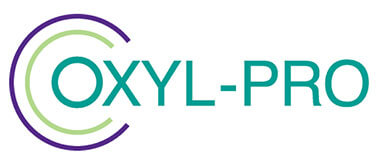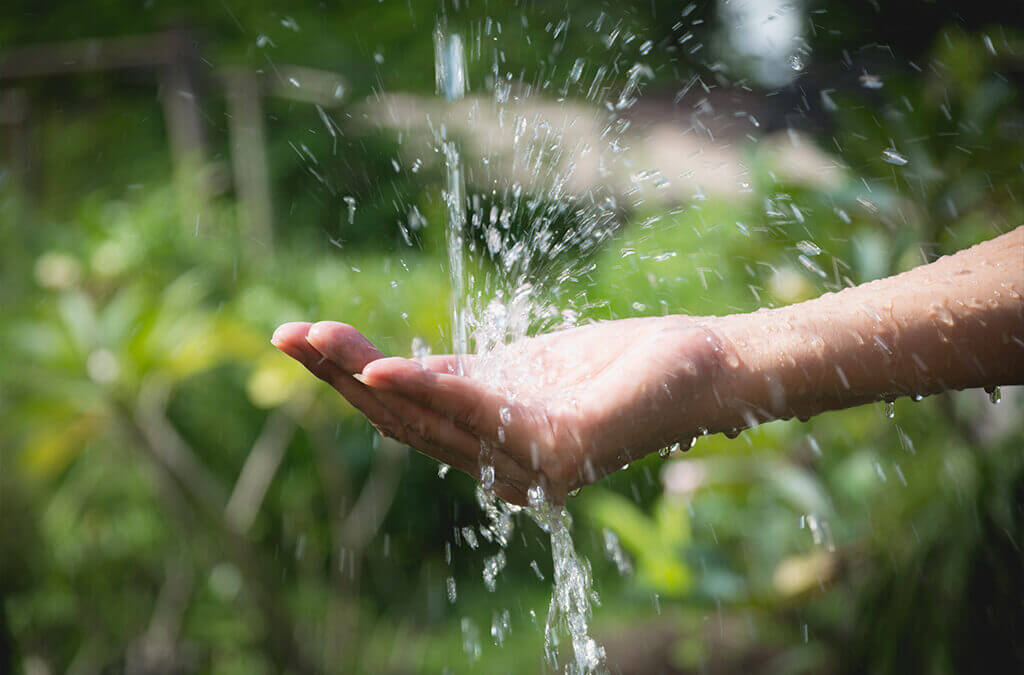One method of disinfecting water is UV disinfection. This method does not involve chemicals, or applying heat.
It uses ultraviolet (UV) to attack the microorganisms at are in water systems and supplies. This method is effective, but it can also have its limitations.
What is UV Energy?
UV energy is electromagnetic radiation, a form of energy that can take several forms, including radio waves, microwaves and x-rays. it can also be in the form of light that is outside the part of the spectrum visible to the human eye.
The UV wavelength is between 100 and 400 nm (nanometers), and it is shorter than that of natural light. This shortness makes UV light more energy rich.
Because of this, you can use UV light to trigger chemical reactions, ionising organic molecules.
How Does UV Disinfection Work?
UV C radiation has a wavelength between 100 and 280 nm, and it is this form of UV radiation that is used in disinfection and sterilisation.
This ultraviolet light can disinfect water, removing bacteria, viruses, moulds, algae and other microorganisms. UV disinfection works through the absorption of UV C radiation by these microorganisms.
The UV radiation penetrates the outer membranes of cells of microorganisms, passing through cell bodies and destroying DNA.
Cell DNA is vital in enabling microorganisms to reproduce. Therefore, the action of UV disinfection stops them being active and prevents them from multiplying.
With the correct dose of UV light, you can destroy microbes and spores comprehensively.
Uses of UV Disinfection
Applying UV radiation to water will not alter the water chemically, and all the UV does is add energy to it.
UV disinfection is therefore a safe system for disinfecting and sterilising critical water systems and supplies.
Sectors and industries that use UV disinfection include:
- Food and drink
- Pharmaceutical
- Cosmetics
- Agriculture
- Sport and leisure
- Wastewater processing.
What are the Benefits of Using UV as a Water Treatment?
There are several reasons why UV disinfection and sterilisation is a good water treatment.
It is:
- Natural
- Safe and chemical-free
- Economical
- User-friendly.
It simply requires specialist lamps to apply the UV light. These lamps do not make contact with the water, but produce UV radiation at the appropriate wavelength to act as a disinfectant.
Energy consumption remains low during this process and there are no harmful by-products.
Are there Disadvantages to UV Disinfection?
UV light needs the right amount of energy to guarantee its effectiveness in attacking and preventing the reproduction of harmful microorganisms.
And in fact, as a method it cannot guarantee 100% prevention. Variables such as water quality and the UV unit’s flowrate capacity can influence its overall effectiveness.
UV is a point disinfectant, which means it cannot provide residual protection against microorganisms further downstream. Rather, it will only attack bacteria at a given point in a water system.
Consequently, microorganisms may still end up being active downstream, effectively evading the UV radiation’s effects.
The other thing to note is that UV disinfection converts bacteria cells into pyrogens. These are substances derived from microorganisms, and have the potential to become a food source for any surviving bacteria.
What is a Safe Alternative to UV Disinfection?
There is a next generation, stabilised hydrogen peroxide disinfectant, which shares many of UV disinfection’s benefits.
Oxyl-Pro is stabilises using only food-safe ingredients. It is certified for use in drinking water, and, at its recommended usage, has no taste, odour or colour. As a disinfectant, it will simply degrade to oxygen and water.
Like UV disinfection, it is safe, with a natural-basis, and with a proven efficacy against bacteria, viruses, yeasts, fungi and moulds.
It also has a broad range of applications, including:
- Water treatment
- Food and drink
- Livestock
- Agriculture and horticulture
- Leisure
- Shipping and logistics
- Hand and surface disinfectant.
Discover more about this revolutionary alternative to silver-stabilised hydrogen peroxide, UV and other disinfectants.
Call us on +44 1606 851 782, email enquiries@oxylpro.com or complete our contact form, and we will be back in touch as soon as possible.

